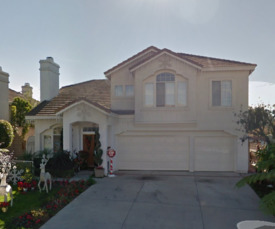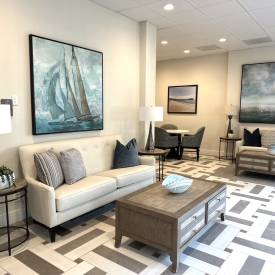Medicaid is a national health insurance program that is jointly funded by the federal and state governments. It provides limited access to essential health services for low-income, low-asset Americans.
In California, Medicaid is known as Medi-Cal. Seniors who earn less than $1,242 and senior couples who make less than $1,682 may qualify if they hold less than $2,000 and $3,000 in assets respectively.
Like all other states, Medi-Cal has a retroactive look-back period that assesses all transferred assets and money toward Medi-Cal-eligibility. In California, the look-back period is 30 months.
Applicants must declare earnings from all sources when applying for Medi-Cal, including wages, pension income and interest earned on investments. Countable assets include all real estate except the applicant’s principal residence as long as either the applicant or their spouse continues to live in the home.
Personal belongings such as clothing, household furniture, one vehicle and collectibles are exempt from Medi-Cal asset counts. In California, there is no upper limit on the value of the applicant’s principal residence.
Seniors who have incomes that exceed Medi-Cal limits may qualify for coverage on a Share of Cost basis that calculates Medi-Cal premiums based on the current income of the senior. In many cases, Share of Cost fees are higher than private health insurance premiums.

































